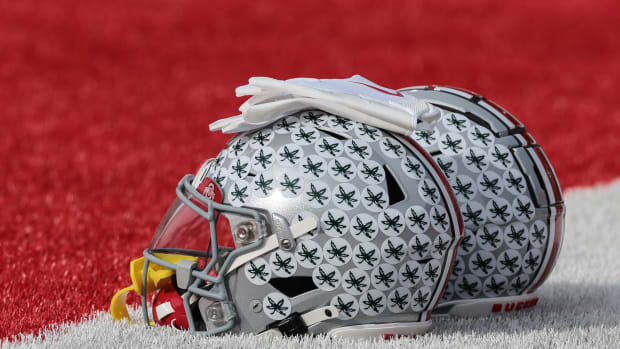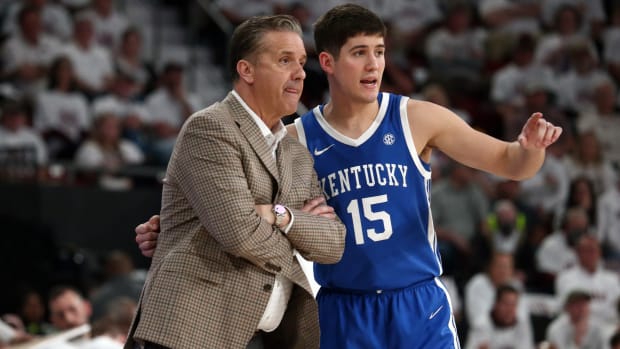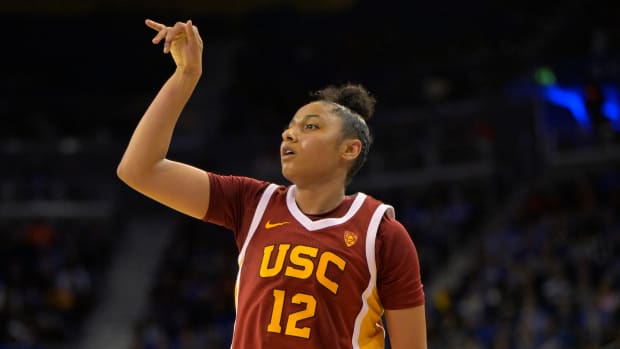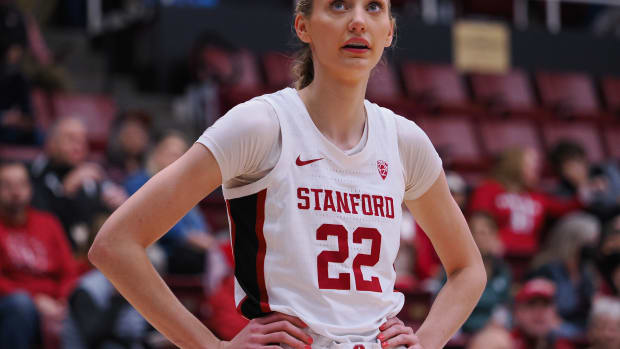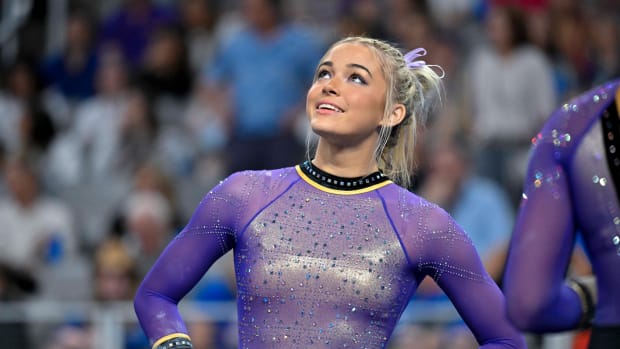
LSU Reports Remarkable Amount of NIL Deals While Preparing for Revenue Sharing
LSU athletes have landed nearly 2,000 NIL endorsement deals since the NCAA began allowing them in 2021 according to the school. This number is likely higher since not all athletes report every deal to their athletic departments right away.
LSU has been on the forefront of the NIL industry with Livvy Dunne, Angel Reese, Jayden Daniels, and Flau'jae Johnson each with seven figure NIL valuations.
Student-athletes may begin to earn more money in the coming years pending the outcome of several legal actions. LSU's athletic administrators believe that student-athletes soon may be able to earn a share of the university's revenue and are preparing for that possibility.
Louisiana's NIL Bill was enacted into law in July 2021, but was amended in 2022 to remove the clauses that prohibited schools from facilitating NIL deals for their athletes. While the NCAA prohibits direct involvement by universities, the practicality of enforcing this rule has proven to be nearly impossible.
Once universities get directly involved with facilitating NIL deals, it begins to look like pay-for-play: a model that the NCAA is vehemently fighting against. In House v. NCAA, a ruling in favor of the student-athletes would result in a judgement in the amount of billions of dollars against the NCAA and its Power Five conferences. It could also nullify the NCAA's current rules on athlete compensation, hence enabling schools to directly compensate their athletes via revenue sharing.
In an upcoming National Labor Relations Board (NLRB) case, hearings are scheduled to begin Nov. 9 to investigate allegations of unfair labor practices against the NCAA, the University of Southern California (USC), and the Pac-12 Conference. A ruling in favor of the student-athletes would change their status from amateurs to employees.
While the NLRB only has jurisdiction over private institutions, a win for the student-athletes would likely have sweeping effects across the entire NCAA.
The possibility of revenue sharing in college athletics is not far-fetched.
